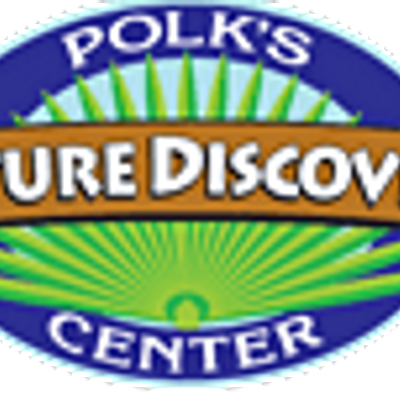2024- 2025 Water, Wildlife, and Wilderness Field Studies (Grades 3- 5)
Schedule
Tue, 17 Sep, 2024 at 09:00 am to Thu, 15 May, 2025 at 01:00 pm
UTC-04:00Location
Circle B Bar Reserve | Lakeland, FL

About this Event
Polk' Nature Discovery Center Field Studies Program connects children with science and the outdoors. The program, titled "Water, Wildlife, and Wilderness" supports the Florida "interdependence unit" education standards for grades 3 - 5. Students will participate in field experiences, such as dip netting and invasive plant removal, that reinforce what they have or will learn in the classroom. Students will gain proficiency in making observations, taking measurements, and accurately recording both. Being outdoors is a fascinating experience!
Field Studies Program Mission Statement: The 3-5th grade Field Study Program at Polk's Nature Discovery Center will provide hands-on learning experiences in an outdoor setting that engage students in investigating the value of Polk County's natural resources. Through this exploration students will discover the interconnection between water, wildlife and wilderness; understand their impact on the environment; and foster a sense of personal stewardship towards the environment.
If busing is needed: Students, teachers and chaperones will be transported by their school's normal bus transportation from their school to the Center, and back to school. A maximum bus load is 60 TOTAL (50 students max, along with teachers). If you are providing your own groups transportation, please still only allow a maximum bus load of 60 TOTAL (50 students max, along with teachers).
A Pre and Post Test must be completed, and class averages must be sent to Polk's Nature Discovery Center staff for bus transportation reimbursment to occur for Polk County Public and Charter Schools. If the data is not received, the school WILL be billed for busing costs.
Choose between three programs: Life Cycles and the Flow of Energy, Seasonal Changes in Florida Plants and Animals and Impacts on the Environment, and Animal and Plant Characteristics.
Life Cycles and the Flow of Energy Program
In this program, students will explore life cycles and various relationships between organisms in a wetland ecosystem. Students will participate in activities such as dip netting, swamp tromping, and an interactive food chain game.
Concepts covered include: life cycles (simple, complete metamorphosis, and incomplete metamorphosis), food chains and energy flows, characteristics of wetland habitats, photosynthesis, and more!
(water levels in the swamp, pictured below, vary by seasonal rain fall)

Seasonal Changes in Florida Plants and Animals and Impact on the Environment Program
In this program, students will take on the roles of various natural resource scientists (hydrologists, zoologist, botanist, meteorologist, geologist) to compare and contrast wetland and upland habitats. As their assigned role, students will travel to either the wetlands or uplands to gather data about the habitat, the plants and animals that live there, and how these species may change or adapt with the different seasons.
Concepts covered include: the habitats of Florida, plant and animal characteristics, STEM careers in Florida, human impact on the environment, seasonal changes and their effects on the environment, and more!
(Students observing aquatic wildlife after dip netting in a freshwater marsh.)
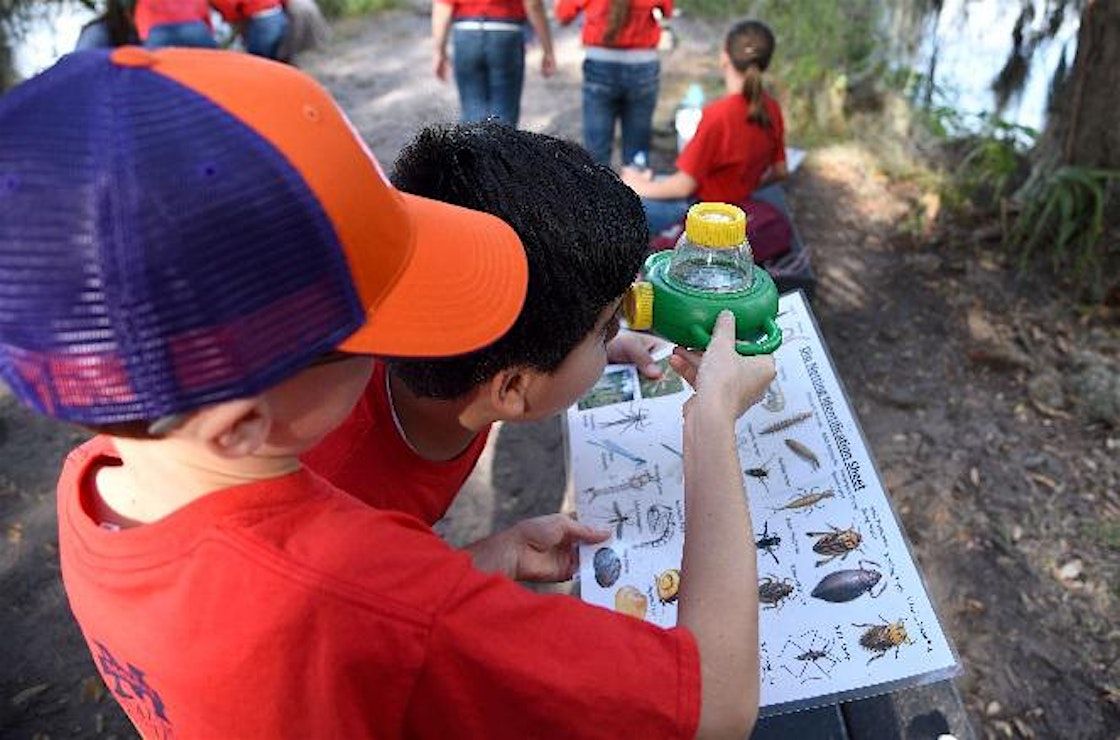
Animal and Plant Characteristics Program
In this program, students will learn and identify the different characteristics of plants and animals that help them to adapt to Florida's different habitats, including wetlands, uplands, and oak hammocks. Students will explore the various habitats of Circle B and collect data on the plants and animals they find. Activities include a gopher tortoise presentation, sweep netting, invasive plant removal, adaptation scavenger hunt, camouflage game, and more!
Concepts covered include: plant and animal characteristics/adaptations, gopher tortoises and their importance to Florida, invasive species, camouflage, impacts on the environment, and more!
(Student participants will research and collect data on gopher tortoise burrows and their habitats)
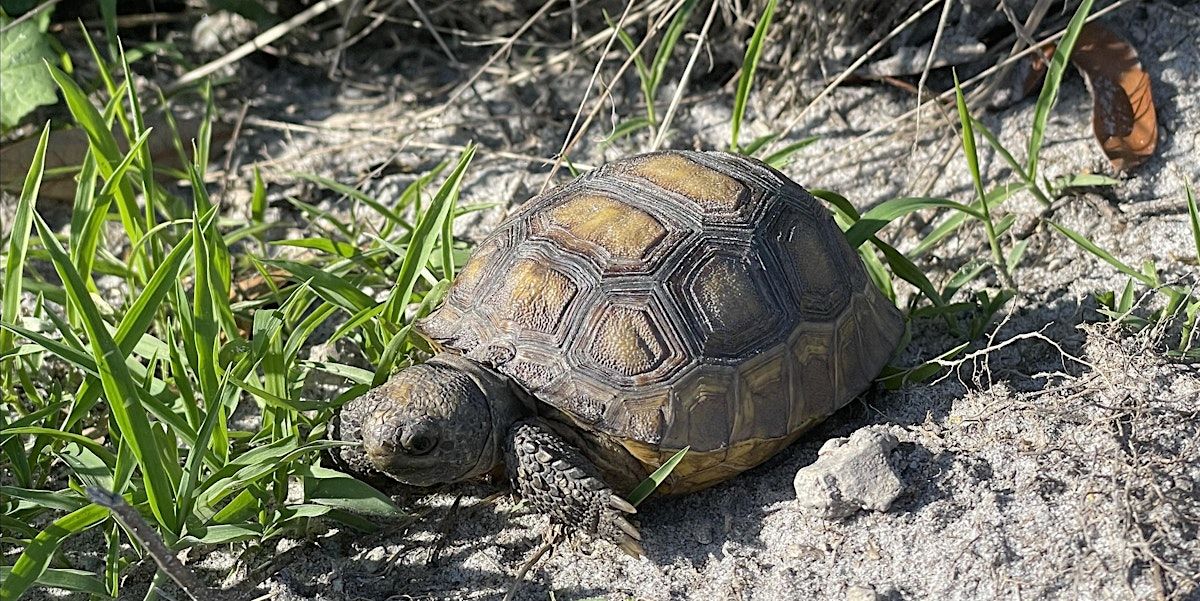
FAQs
What can/can't I bring to the event?
School/Teacher MUST Bring: Permission slip forms with Emergency Contact Information; any medicines given by the school nurse; first aid kit; cold, pre-packaged lunches for each student participant, refillable water bottle for each student participant.
Students MUST WEAR close-toed shoes
Are there grade restrictions and a student class maximum to enter the event?
YES: The Field Studies Program is only available for students in grades 3, 4, or 5 and a maximum of 50 students can participate per visit.
Where can I contact the organizer with any questions?
Eric Eversole
Natural Resources Educator
863-668-4673 ext. 204
FREE PROGRAM MADE POSSIBLE BY:
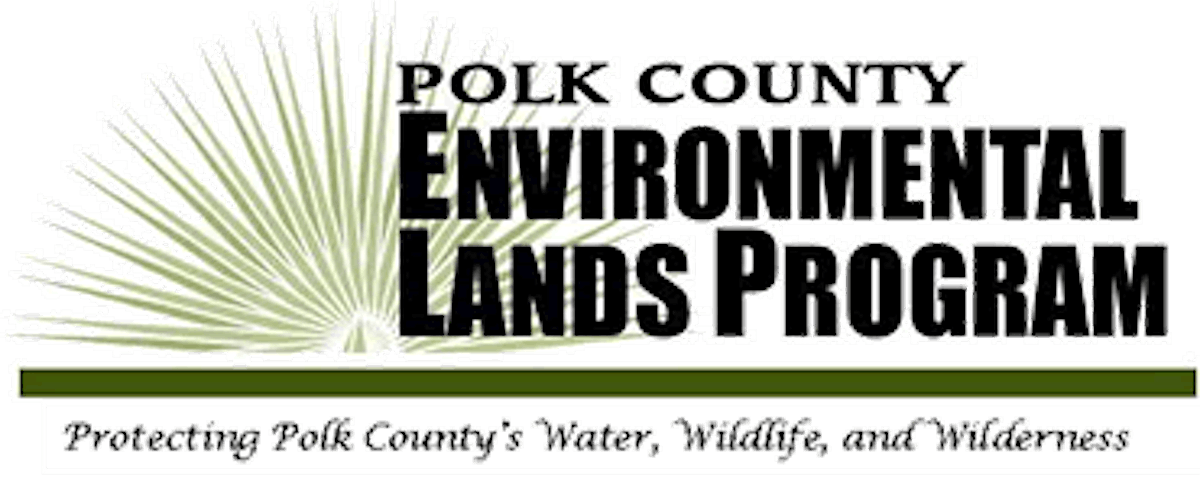
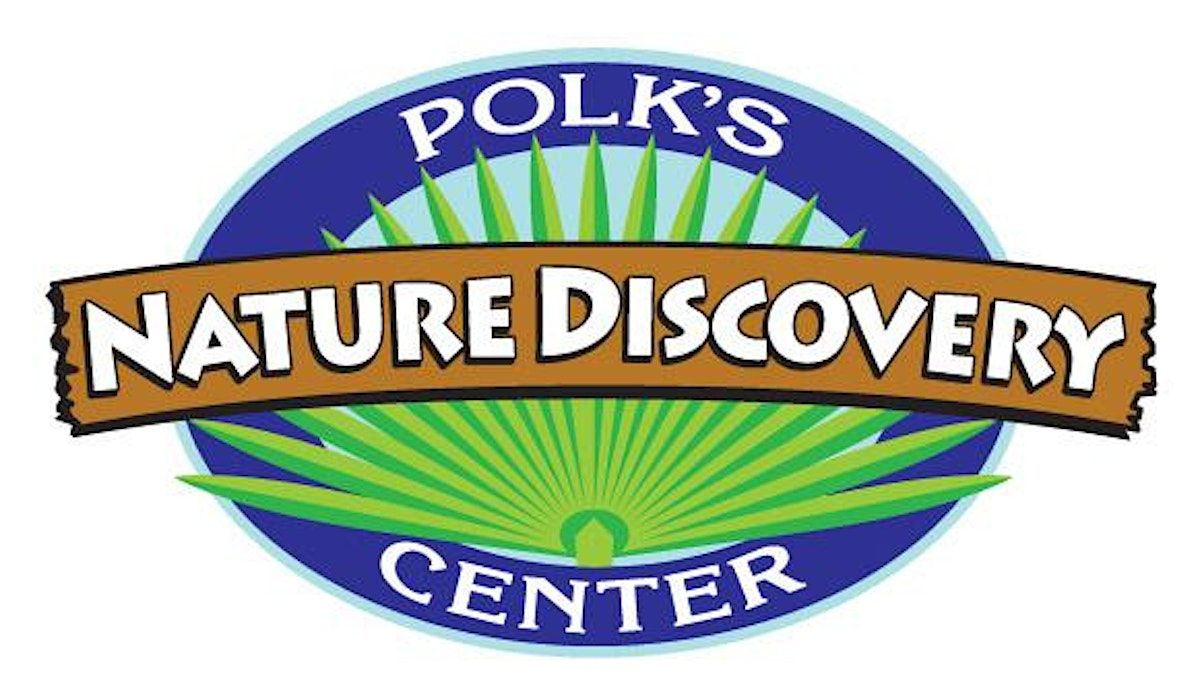
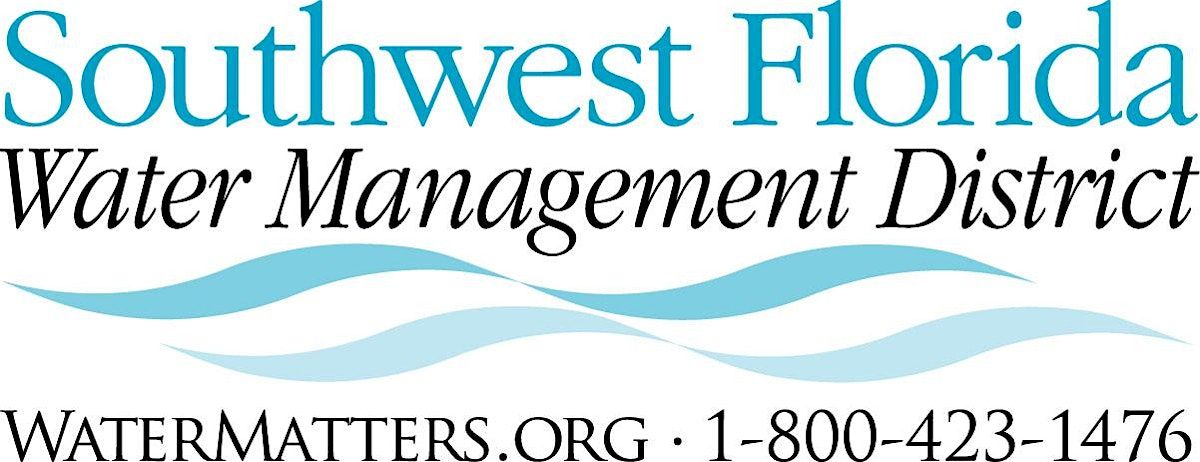
Where is it happening?
Circle B Bar Reserve, 4399 Winter Lake Road, Lakeland, United StatesEvent Location & Nearby Stays:
USD 0.00
